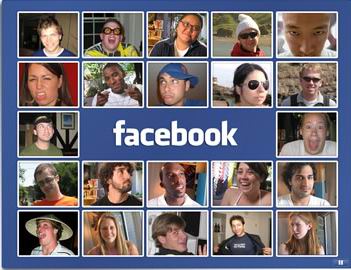
|
|

|
|
| April 25, 2024 |
|
Facebook: Itís unintended consequences 
Facebook is about to celebrate its 500-millionth user, but the social media application has had wide consequences, even for those who have never signed on.
Pre-Facebook, the very phrase "social media consultant" would have produced only blank stares from the typical layman. Now, people like Marcia Conner make their living advising companies on how to use Facebook and other social networking sites. "The work I do focuses on helping organisations to use social technologies to connect the people in their organisations," says Ms Conner, a partner in the Altimeter Group and author of the forthcoming book The New Social Learning: A Guide to Transforming Organizations Through Social Media. "They are complementary technologies that can be used to get that same sort of community feeling." In short, if there's a company with 10,000 people, social networking can be a way to help workers who are doing mutually beneficial things to know of each other's work and to get in touch to share ideas and skills. But Facebook offered up an even more obvious application - marketing. As David Kirkpatrick, author of The Facebook Effect: The Inside Story of the Company that is Connecting the World, notes, companies can use the site for advertising and marketing "based on the extremely exact demographic data volunteered by the individual". Before Facebook, their efforts were based on a mixture of educated guessing and expensive research. Now there is an audience that makes itself a target. Of course, the number of users and the volume of information they have volunteered is part of what has exposed Facebook to an ongoing assault by privacy activists. Mark Zuckerberg, Facebook's founder, recently said: "We are building toward a web where the default is social." But this move towards default sharing of information has earned plenty of criticism. The sheer size of Facebook is something that could not have been predicted at the beginning, says Kirkpatrick. "The original mission was just to create a facebook for Harvard University - this book of pictures they used to find cute girls and guys," he notes. And many of the problems that are identified with Facebook are symptomatic of a company which only has a couple of thousand employees to serve half a billion users. "The growth itself is an unintended consequence," Kirkpatrick says. "There's no way any company could scale up its systems so quickly. People really do find themselves dependent on it." (Source: BBC) Story Date: July 26, 2010
|